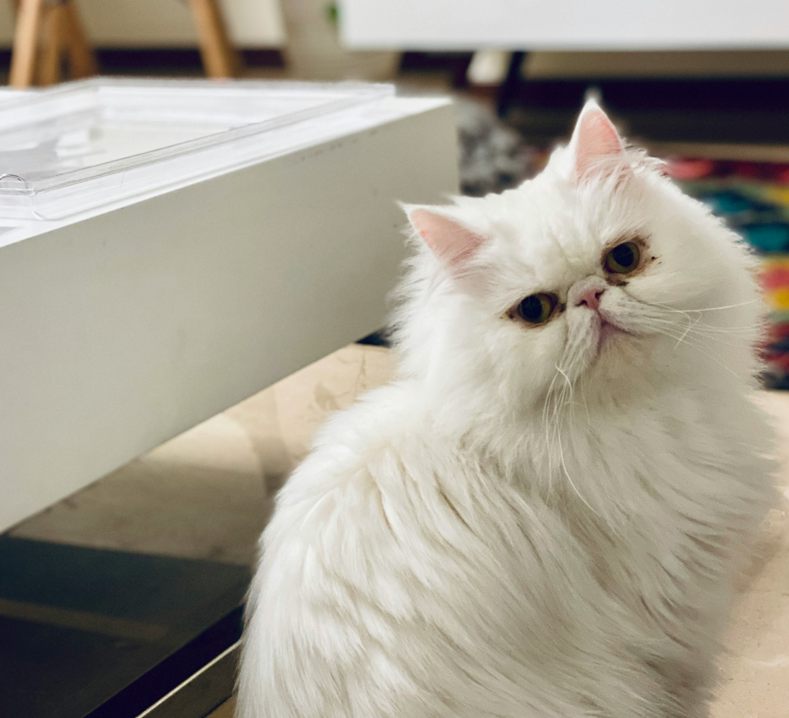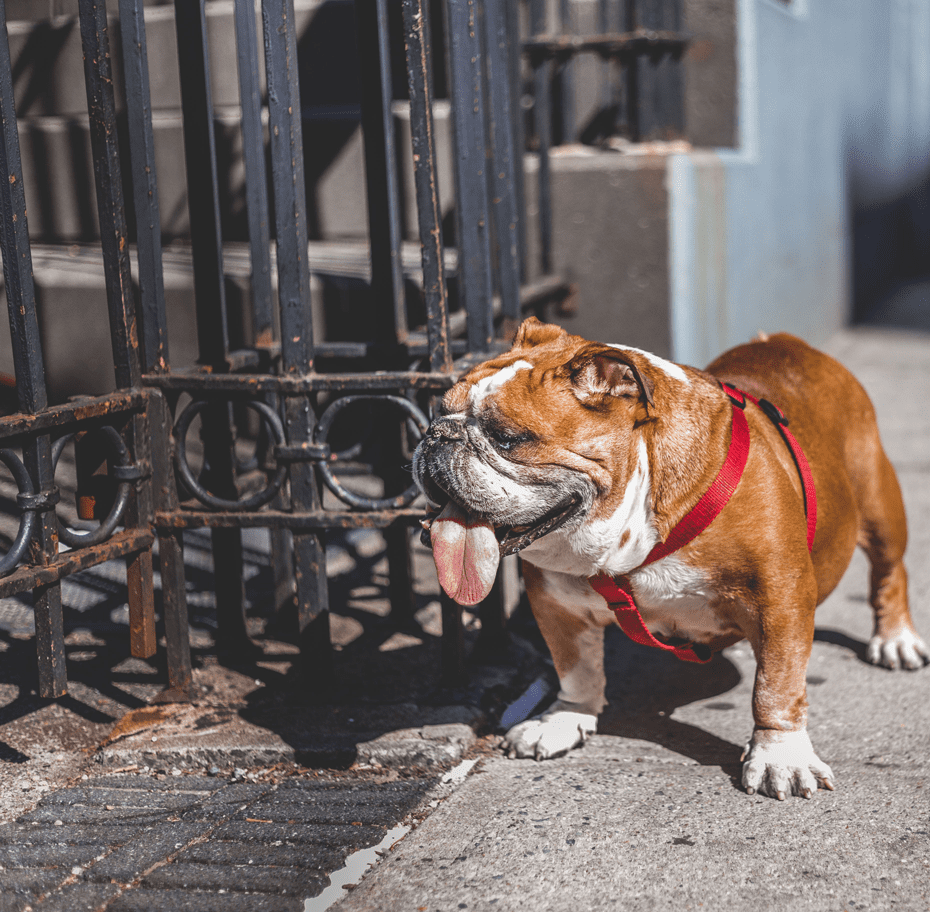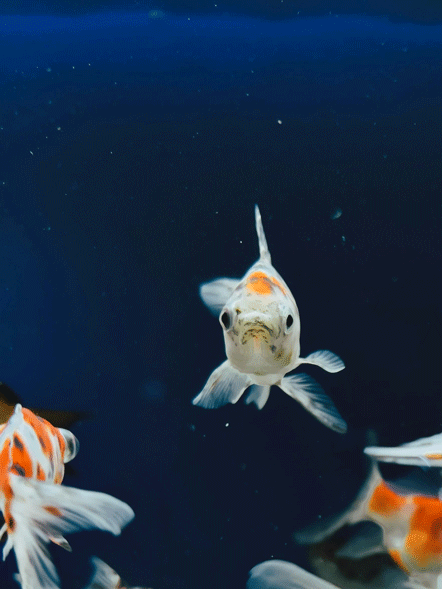What’s the big deal with flat-faced pets?
The Netherlands was the first country in the world to ban ownership of pets with bodily characteristics or features that are harmful, including flat faced companion animal breeds. In this blog post we’ll explore the reasons why.

Vets around Europe and globally are highlighting a lack of awareness amongst pet parents about the health impacts for animals that are bred for a specific look. Some features such as a flat nose, a sloping back, bulging or droopy eyes, skin folds, or a round skull can be so extreme that they actually cause (sometimes extreme!) pain and suffering for our furry friends.
To give a concrete example of popular breeds: the flat faces and stocky build of dogs such as the pug and the French and English bulldog cause a range of serious disorders. Most of these dogs are chronically out of breath and are even more susceptible to heat strokes than the average dog breed. Their ‘snoring’ which some may find cute or funny is exactly the opposite – they are struggling to breath!
The flattening of the muzzle which gives the flat-faced look is generally associated with a longer soft palate, covering the glottis, and causing massive respiratory distress. The nostrils are usually narrowed (stenotic) which decreases air flow into the network within the nasal passage (nasal turbinates). This network is meant to help with temperature regulation, humidifying the air before it passes to the lungs and in flat-faced pets these are already smaller than in mesocephalic breeds. As a consequence, these dogs usually have decreased capacity for exercise and much less tolerance to high temperatures.
Other harmful features include the nose fold, which is typical to these breeds and causes skin and eye infections.
And when it comes to cats, those with folded ears, typically the Scottish fold, look like that because they have a genetic cartilage disorder that also causes painful joints and joint diseases.
Factors like these can cause dogs, cats and even rabbits, to live uncomfortable but also unhealthy lives, full of health emergencies and veterinary interventions. Leading to higher veterinary costs and a shorter lifespan.

We want our pets to live a healthy and happy life, so we must not overlook the fact that prioritising looks over health makes having a happy life more difficult. Pets are about so much more than just their looks. They are a part of our families! And just like any family member, we want them to be healthy and be able to live comfortable lives.
If you are considering buying or adopting a pet, make sure you research the common health issues associated with the breed or talk to a veterinarian you trust. When buying from a breeder, always request the animal’s health history and ask about the parents, including breed specific data. Don’t forget to check also that the animal is registered and has their ID chip.
Making a conscious choice will help you share a unique long-lived bond with your fur baby!



